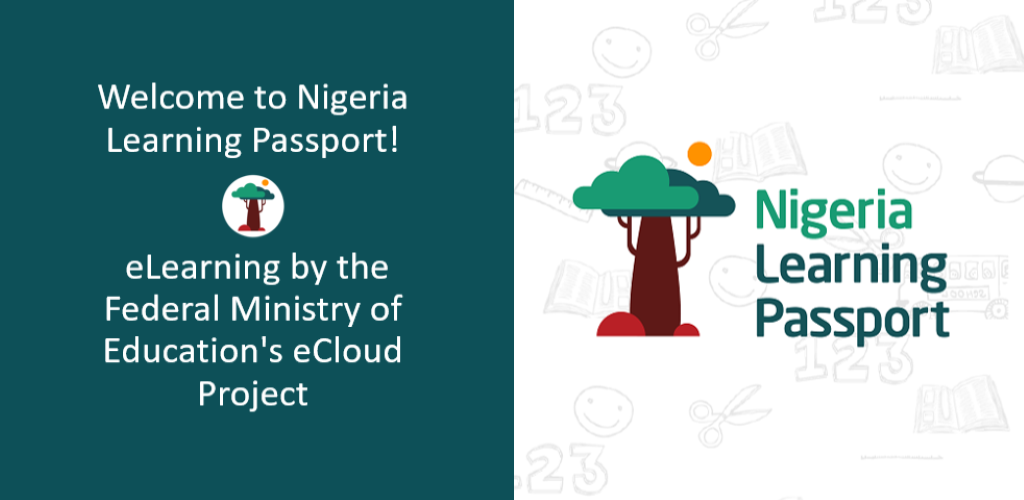By Asmau Ahmad
The Federal Government, United Nations Children’s Fund (UNICEF) and partners have launched the Nigeria Learning Passport (NLP), an online, mobile learning platform that will provide continuous education.
Vice President Yemi Osinbajo, who spoke at the Launch of the learning passport on Thursday in Abuja, said that the passport would also soon be on an offline learning platform for students’ easy accessibility.
Osinbajo said that this would provide continuous education to three million learners in 2022 alone, and a total of 12 million by 2025.
The vice president was represented at the event by the Minister of State for Education, Mr Chukwuemeka Nwajiuba.
“To ensure continuity of learning for all children and the resilience of education systems to future shocks, we must change and reimagine the education sector.
“Deploying innovations that rethink the current methodologies, including new approaches to delivering education in ways that defy the digital divide, and ensuring learning continuity in emergencies, has become imperative,” he said.
He added that the Nigerian Learning Passport was designed for pre-primary, primary and secondary school learning children, youth, and teachers.
He said that it also has access to a digitalised curriculum and providing learning materials in all core curriculum subjects for primary one to six, and all Junior and Senior Secondary School classes.
According to him, the Federal Government has been committed to basic education but we have seen gaps which the learning passport is designed to address.
He highlighted some challenges that would come with the platform ranging from connectivity, lack of power and affordability of the device.
He, therefore, said that though platform would be a huge capital drain project, adding that these challenges were unsurmountable with collaborations.
He called on UNICEF to invest in the country’s local equipment as this would make the equipment accessible for all.
The Minister of Education, Malam Adamu Adamu, represented by the Acting Permanent Secretary in the ministry, Mr David Gende, said that investment in education was a perogative for improved economic stability.
Adamu said that the effect of the COVID-19 pandemic was a sign that investment was required to generate the type of human capital to close the inequality gaps.
He, therefore, commended the initiative saying this would make children participate fully and have quality access to education.
Also, in a goodwill message, Mrs Catherine Russell, UNICEF’s Executive Director, said the passport would enable a learner to register on the platform using any device with a web browser, or through the NLP mobile application.
Russell said this would also help to access a variety of high-quality learning content.
According to her, with the launch, Nigeria has joined 20 other countries in the world where the Learning Passport is reaching children with improved learning opportunities.
In the same vein, Mr Peter Hawkins, UNICEF Representative in Nigeria, said that Nigeria’s education sector had faced many challenges and had contributed to keeping more than 10.5 million children out of school in Africa’s most populous nation.
Hawkins said that one of the challenges was access to quality learning, exacerbated in recent times by attacks on learning institutions and abduction of students.
He said that education had been interrupted occasioned by the COVID-19 pandemic adding that the learning passport was to find a solution to children’s education.
He said that the lack of connectivity affects low-income countries and rural regions in greater proportions and puts children and youth in these areas at greater risk of missing out on education, perpetuating inequalities.
Hawkins, however, assured of UNICEF’s commitments to co-creating and co-leading an initiative to strengthen collaboration and accelerate progress on digital learning and skills across Nigeria in the next few years.
Mr Charles North, Acting Chief Executive Officer, Global Partnership for Education (GPE), who spoke virtually, said the launch would provide a continuous learning as well as break digital divide.




